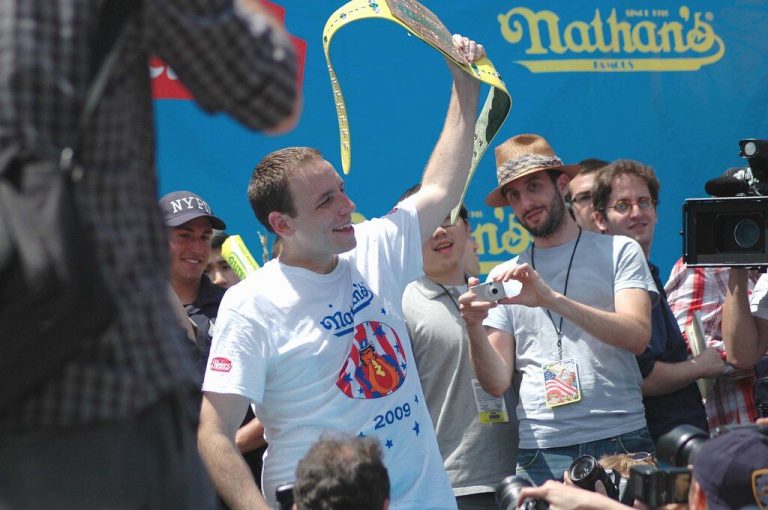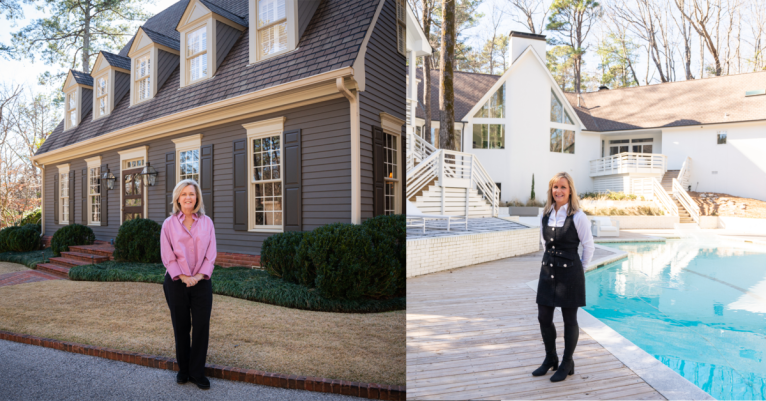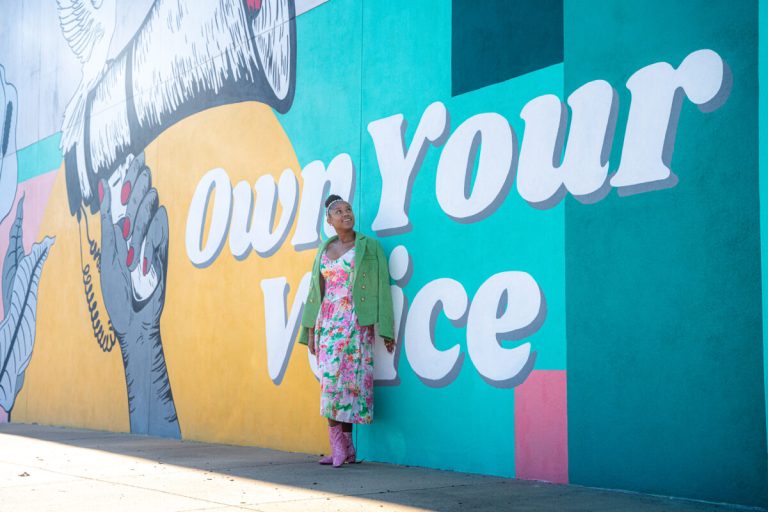“It is our stories that make us human.” Our state’s best storytellers gathered at the Alabama Colloquium—here’s what you missed
Reading time: 5 minutes
Sponsored

A nationally recognized civil rights lawyer. A deputy director at the Bill & Melinda Gates Foundation. A Pulitzer Prize-winning author and journalist. A NASA engineer. Some of our state’s best and brightest gathered at this year’s Alabama Colloquium—and it was incredible. Here’s what you missed.
Sharing Stories That Matter

NPR’s Michel Martin moderated this year’s Alabama Colloquim. In her introduction to this year’s truly outstanding group of Alabama Humanities Fellows, she spoke about the importance of storytelling to the human experience:
“In essence, it is our stories that make us human.”
Michel Martin, current NPR host, former correspondent for ABC’s Nightline, and Emmy award-winner
The Alabama Colloquium is an annual event hosted by the Alabama Humanities Foundation (AHF). It is a celebration of the humanities in Alabama, and the main event is a panel with the annual class of Alabama Humanities Fellows.
These accomplished professionals are Alabama natives or residents who, during their lives and work, have made substantial contributions to the humanities in relationship to Alabama.
The 2019 Honorees Are Quite the Impressive Group

This year’s class of fellows is an outstanding group, to say the least. Their résumés are as illustrious as they are varied.
There’s Marquita Davis, the deputy director of Early Learning for the Bill & Melinda Gates Foundation. She formerly served as the first black female Director of Finance for the state of Alabama and she earned her Ph.D. from UAB.
There’s Jody Singer, the director of NASA’s Marshall Space Flight Center in Huntsville. She’s the first woman to ever hold this position, and she manages 6,000 employees and a $2.8 billion annual budget.

There’s Howell Raines, the retired Executive Editor of the New York Times. He’s the author of four books and he won the Pulitzer Prize in 1993 for his magazine article, “Grady’s Gift,” that highlights the relationship he had with his family’s black housekeeper during his childhood in segregated Alabama.
And you can’t forget Fred Gray, an attorney whose career has spanned more than 60 years. He is nationally recognized as one of the most influential lawyers of the Civil Rights Movement, representing clients including Rosa Parks and Dr. Martin Luther King, Jr.
You can read more about the 2019 Alabama Humanities Fellows’ lives and accomplishments here.
$63,500 Raised—Where Does it Go?

The Alabama Humanities Foundation is based in Birmingham but supports humanities efforts all over the state.
Everything from educating educators, funding classroom programs, hosting seminars and forums, granting state-wide financial support for humanities-based events—it’s all in a day’s work for AHF.
The Alabama Humanities Foundation uses the money they raise for a wide variety of programs, grants, and more that benefit thousands in Alabama.
Award recipients and speakers at the Colloquium reinforced the importance of making this type of education a priority.
“What could be more relevant to life than the humanities?
What could be more fascinating than the humanities in the great state of Alabama?”
Lynne Berry Vallely, 2019 Greenhaw Service Award Winner
Showing Up, Speaking Out

During the Colloquium, the fellows discussed topics such as Alabama’s history and future as well as their individual lives and professional careers.
However, they also shared their stories. Stories about growing up black in segregated Birmingham. Stories about being the only woman in a room or the only woman of color on a staff.
They shared stories of resilience, and hope, and transformation. They shared stories about others who have invested in them when asked, “Whose shoulders are you standing on?”
Throughout the entire event, the whole room sat enthralled at the history these women and men were sharing, and the impact they’ve had on this state.
One thing shined through in all of them—a deep love for the state of Alabama and a fierce desire to make it better every single day.
“The Struggle for Equal Justice Continues” and Other Charges

At the end of the event, the fellows were asked to give a charge to the audience. What do we do, as citizens, to carry on the work each of these honorees has dedicated their lives to?
Each response was eloquent and inspiring, challenging and convicting. They charged the audience to invest in others, and to use their abilities and positions to fight for equality.
Marquita Davis reminded us that we’ve all benefitted from people who have boldly and bravely come before us:
“I am a beneficiary of this thing called The Movement…”
Conversations and events like the Alabama Colloquim remind us all of the progress our state has made, and what we can do to ensure it continues.
If events like this one sound like they’d be right up your alley, follow the Alabama Humanities Foundation on Facebook and Instagram to keep up with what all they have going on!
Sponsored by:




